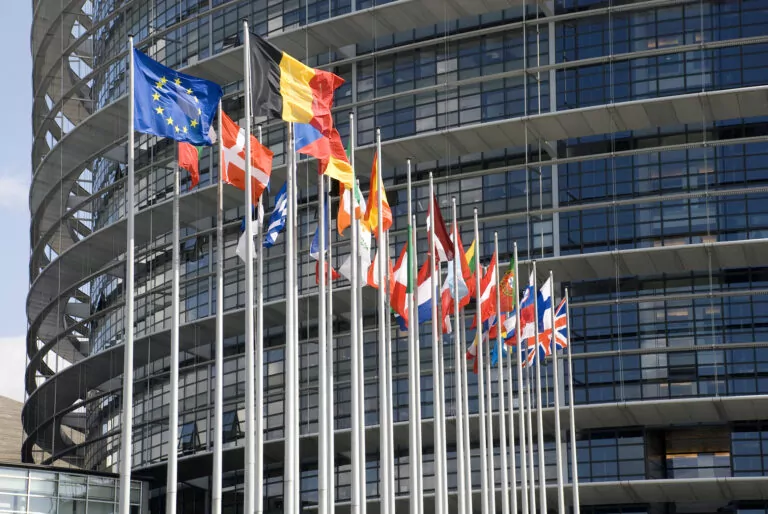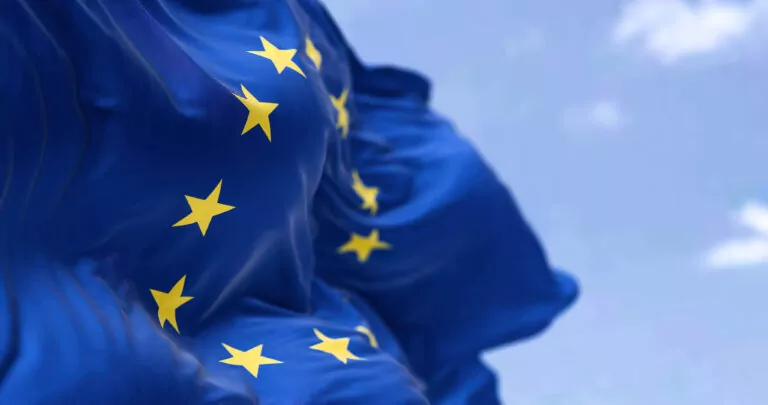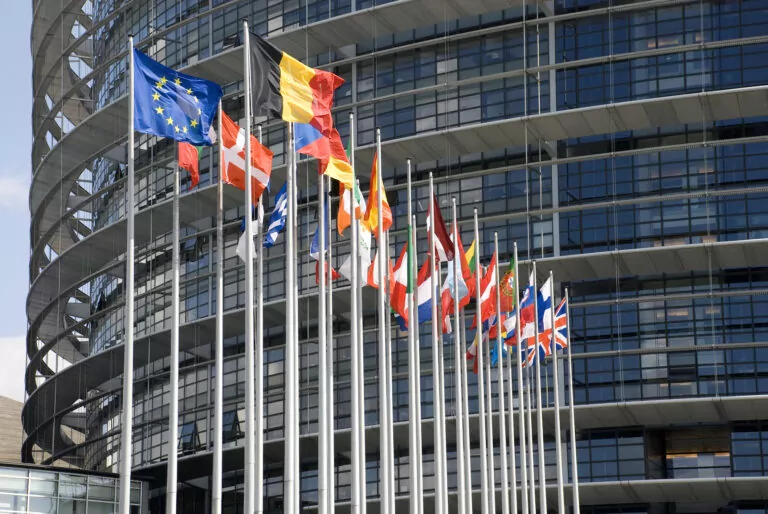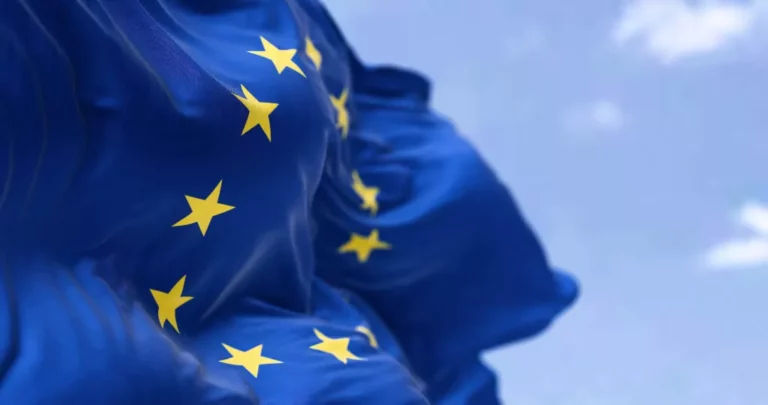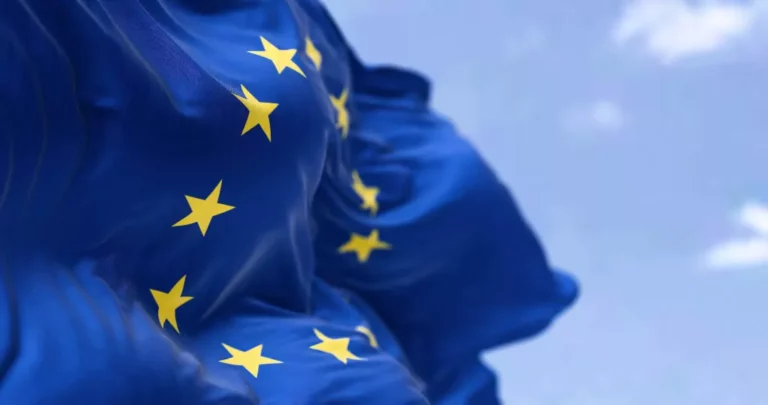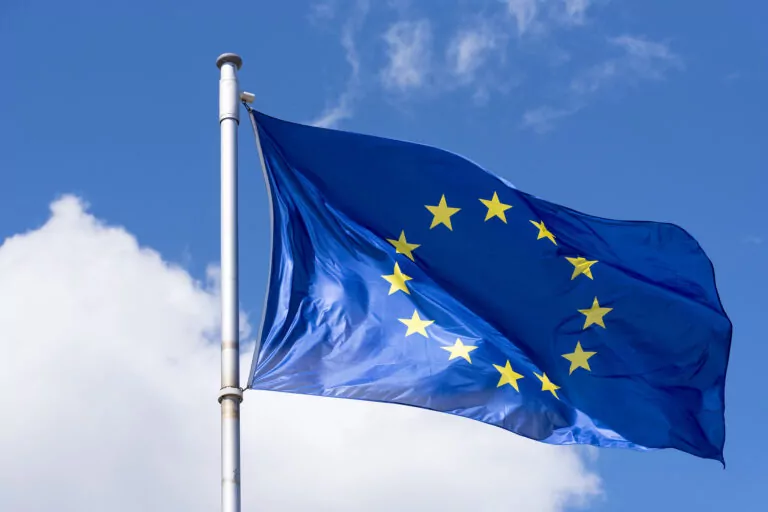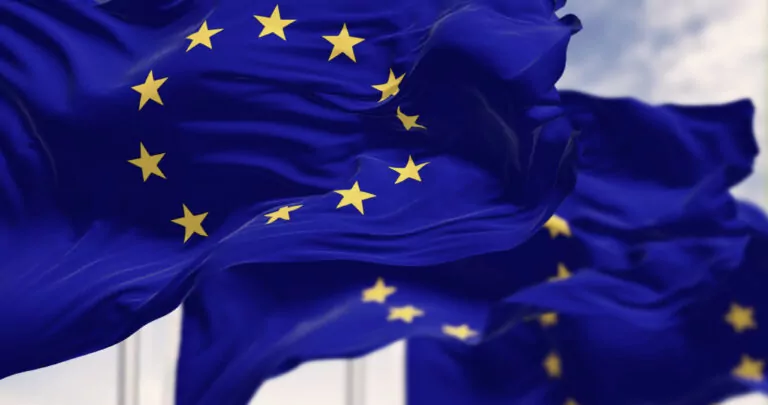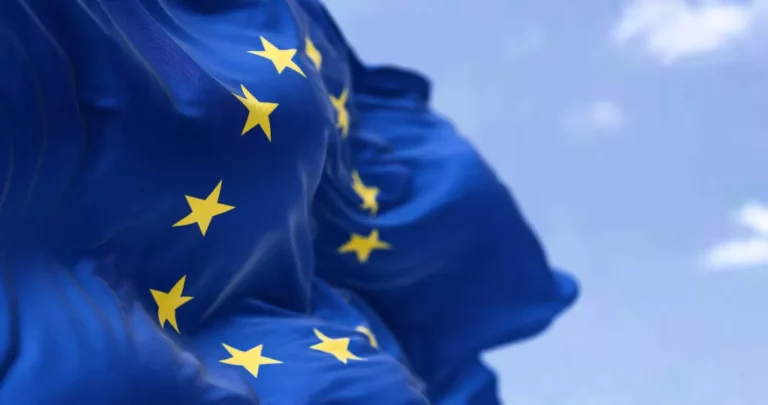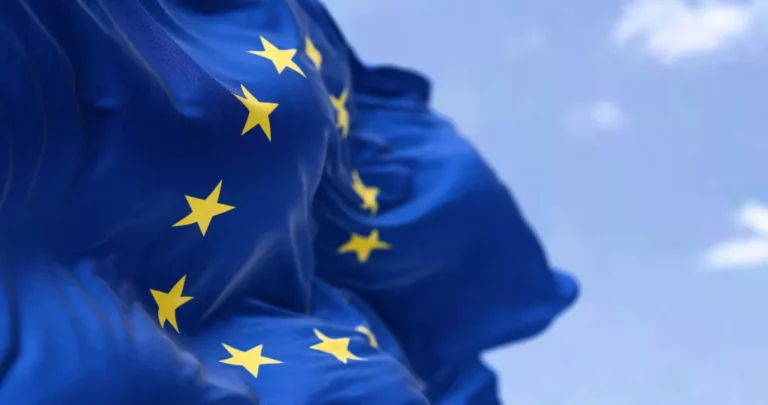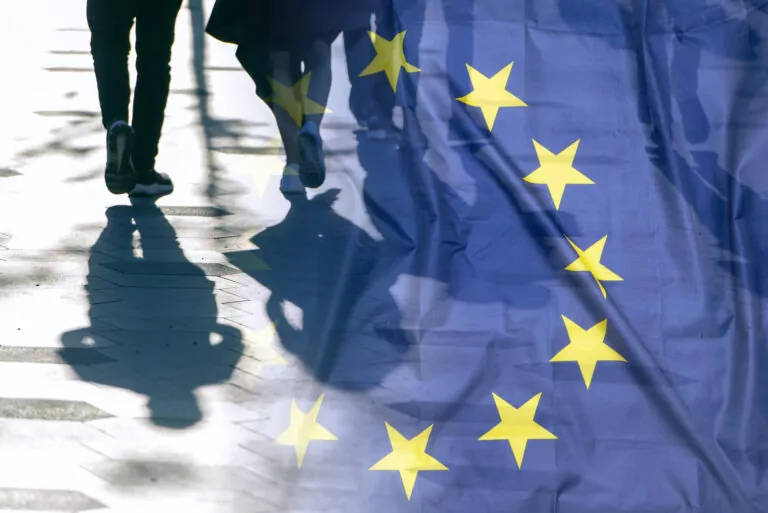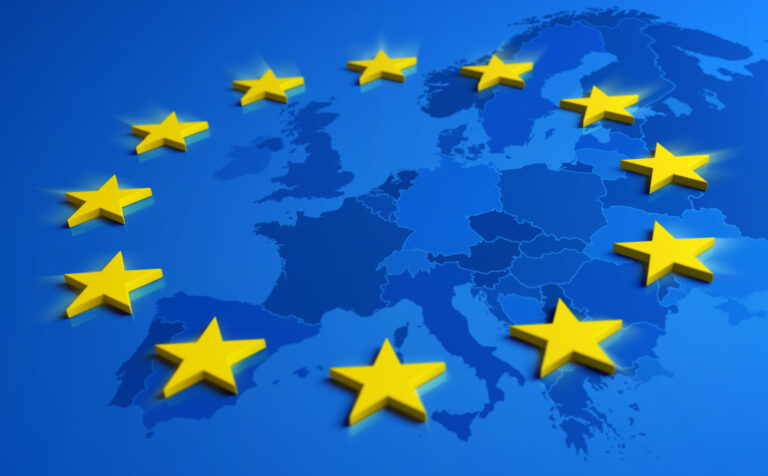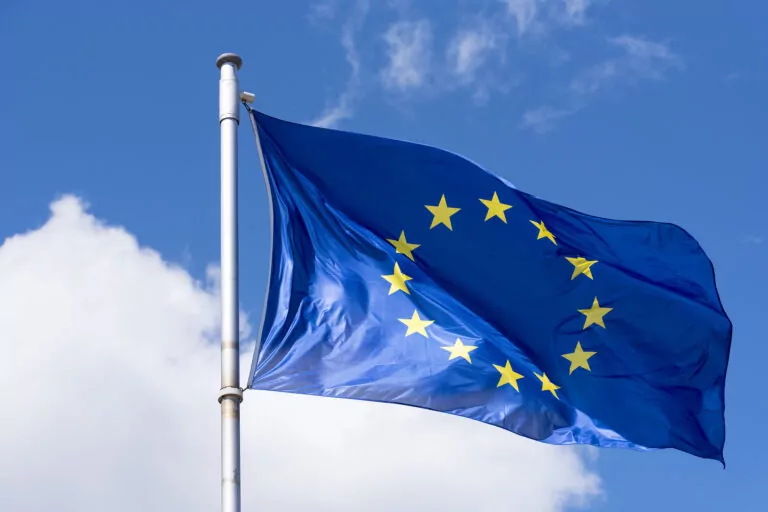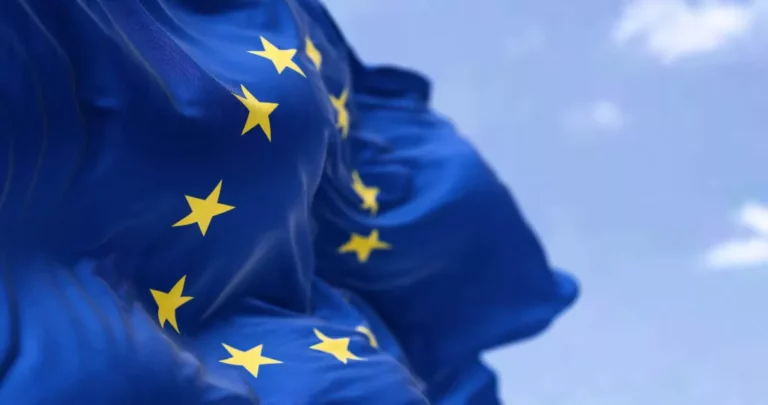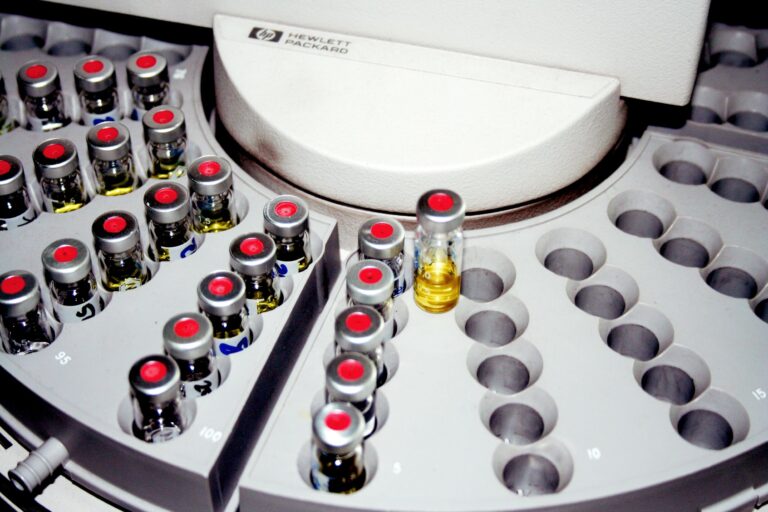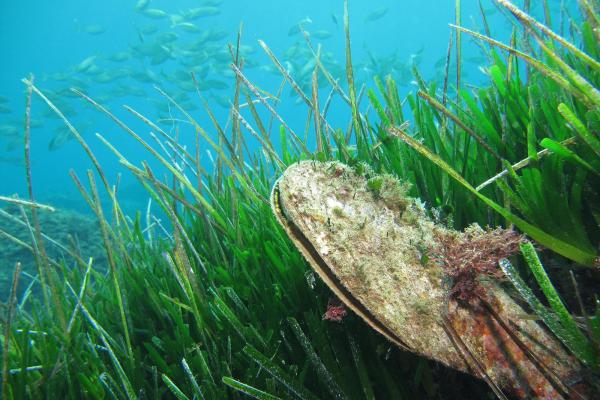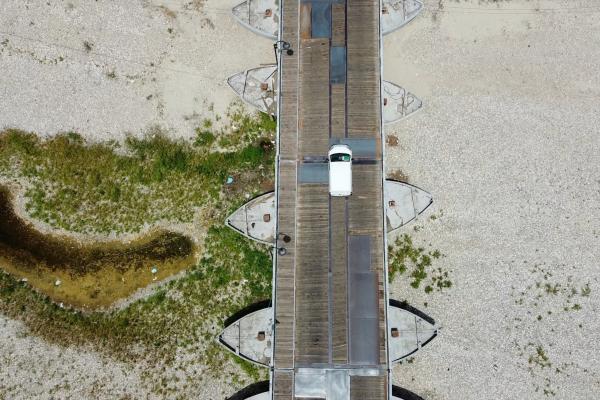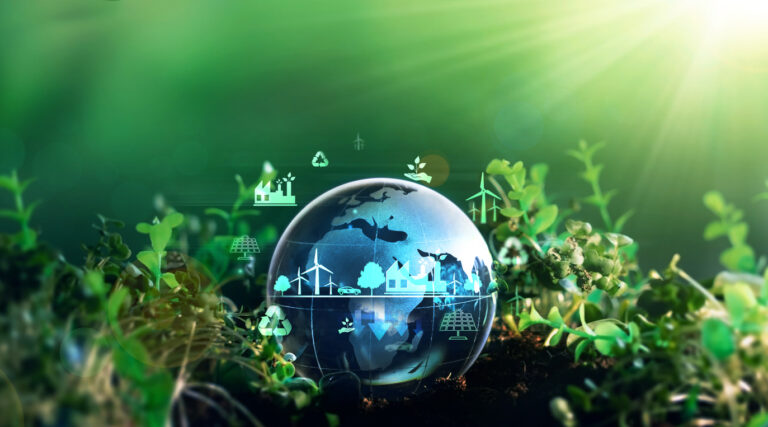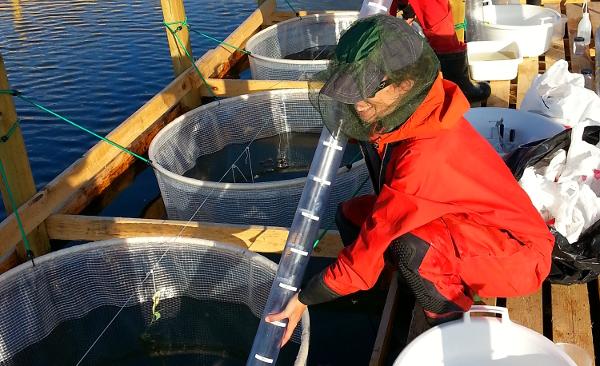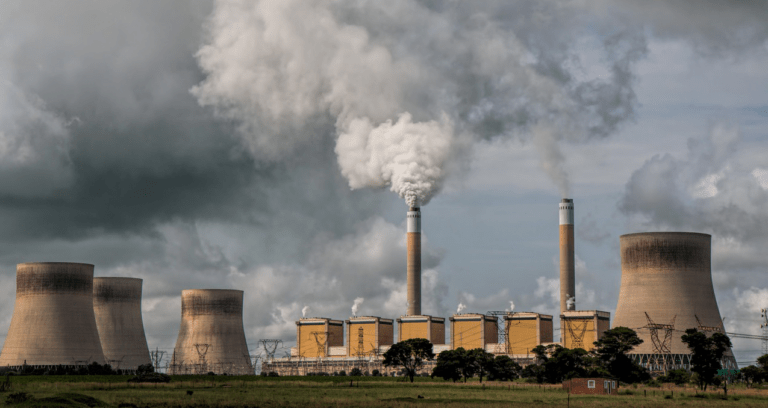Add to favorites:
Share:
Expected Outcome
In line with the European Green Deal, notably the EU zero pollution action plan, a successful proposal will contribute to the impacts of this Destination related to addressing pollution for a healthier ocean, seas and waters.
Project results are expected to contribute to all of the following expected outcomes:
- improved scientific understanding of the interplay of different pollutants, their ‘cocktail effect’ and degradation pathways, on marine organisms and ecosystems;
- improved understanding of the risks and cumulative impacts of different forms of pollutants for the health of marine organisms and ecosystems and ultimately human health;
- policy-makers gain a better understanding of the interplay of the triple planetary crises of climate change, biodiversity loss and pollution on marine life;
- reinforced cooperation between EU and Indian research and innovation communities on marine litter and its effects, including cumulative effects with other forms of pollution.
Scope
Marine pollutants cause harmful effects on marine species and wildlife, serious negative impacts on the structure and functioning of ecosystems, the goods and services they provide, and ultimately on human health, wellbeing and prosperity.
While there have been significant advances in understanding the effects of individual pollutants on marine life, the cumulative effects of different marine pollutants, including persistent organic pollutants (POPs), pharmaceuticals, per- and polyfluoroalkyl substances (PFAS), heavy metals and trace elements, micro- and nano plastics, nanomaterials, biodegradable products, microbiological contaminants, pesticides, fertilisers and nutrients, and the associated risks for marine life are not fully understood. The interplay of climate change (and the resulting effects of a warming and more acidic ocean) with pollutants including actual and predicted changes in their bioavailability, toxicity and water quality, need to be further examined including (gender-specific) implications for human health following a ‘One-Health’[1] approach.
R&I in this area is therefore expected to support the implementation of the Marine Strategy Framework Directive, in particular the assessments of the adverse effects of pollutants, including cumulative effects, on the health of species and habitats in line with Commission Decision (EU) 2017/848, the Water Framework Directive, the zero pollution action plan, the objectives of protecting and restoring ecosystems of the EU biodiversity strategy for 2030 and of the EU Nature Restoration Regulation, the evaluation and possible revision of the Single Use Plastics Directive, the planned Global Agreement to End Plastic Pollution and contribute to the UN Decade of Ocean Science for Sustainable Development.
Marine litter and marine plastic pollution is a particularly pervasive global problem, with particularly high concentrations observed in European seas as well in Southeast Asia. R&I in this area have thus been identified as a priority by the EU-India Trade and Technology Council’s Working Group on Green and Clean Energy Technology to reinforce bilateral cooperation.
Proposals should demonstrate how they will contribute significantly to:
- develop new analytical tools, methods and sensors for the screening, detection, identification and monitoring of different pollutants in the marine environment such as persistent organic pollutants (POPs), pharmaceuticals, per- and polyfluoroalkyl substances (PFAS), heavy metals and micro- and nano plastics including their degradation products, microbiological contaminants, pesticides, fertilisers and nutrients;
- advance assessments of the risks in real conditions, accumulation, exposure (incl. low-level) and ecotoxicological effects (e.g., on endocrine systems, fertility, metabolism, neurological development and behaviour, growth as well as genetic and physiological changes) of these pollutants on marine organisms and (vulnerable) populations including seabed habitats, benthic communities, endangered species and species for human consumption, incl. risks associated with effects such as harmful algal blooms;
- analyse the cumulative impacts of a combination of different pollutants (‘cocktail effect’), their degradation pathways in ecosystems and organisms, and their interplay with climate change such as changes in bioavailability, toxicity and water quality on marine organisms and populations;
- assess bioaccumulation and biomagnification processes of pollutants in the marine food chain including in seafood and implications for human health including and variations in effects on e.g., different sexes or age groups.
Proposals should build on the outcomes and establish links with relevant projects, including those funded under the EU Mission Restore our Ocean and Waters and its Mediterranean lighthouse, and the topic HORIZON-CL6-2025-02-CLIMATE-02: The ocean-climate-biodiversity-people nexus: uncovering safe operating space for safeguarding the integrity and health of the global ocean and relevant JPI Oceans projects. Proposals are encouraged to liaise with and consider the services offered by, where relevant, European research infrastructures[2].
This topic is within the scope of the EU-India Strategic Partnership and the EU-India Trade and Technology Council in relation to marine litter. For the purposes of this topic, the Ministry of Earth Sciences of the Government of India has made the required co-funding available for associated partners in selected projects.
[1] One Health - European Commission (europa.eu)
[2] The catalogue of European Strategy Forum on Research Infrastructures (ESFRI) research infrastructures portfolio can be browsed from ESFRI website https://ri-portfolio.esfri.eu/
Partner Requests
Explore Real Collaboration Opportunities
🔍 As a logged-in member, you now have exclusive access to all active Partner Requests for this Funding Call.
See who’s looking for collaborators, explore exciting project ideas, and discover how others are planning to make an impact.
💡 Use these insights to get inspired—or take the next step and start a request of your own (3 entries for free).
Log in or registrate here for free.
You must be logged in to submit or manage a partner request.
Ask our experts about this call
Connect with the Listing Owner!
💬 Please log in now to send a direct message to our experts and ask your questions. Not a member yet? Sign up for free and start connecting today!
Related Funding and Finance Opportunities
Unlock Exclusive Funding Opportunities!
🔑 Get instant access to tailored funding opportunities that perfectly match your needs. This powerful feature is exclusively available to our premium members—helping you save time, stay ahead of the competition, and secure the right funding faster.
Upgrade to Premium now and never miss an important opportunity again! Already a premium member? Log in here to explore your matches.
Related Innovation Offers
Related Knowledgebase Resources
Discover More with Premium: Related Knowledge Resources
🔒 You’re missing out on expert-curated knowledge specifically matched to this topic. As a Premium member, you gain exclusive access to in-depth articles, guides, and insights that help you make smarter decisions, faster.
Whether you’re preparing a funding proposal, researching a new market, or just need reliable information—our Premium knowledge matches save you hours of research and point you directly to what matters.
Upgrade to Premium now and instantly unlock relevant knowledge tailored to your needs! Already a member? Log in here to view your personalized content.
Access Restricted
This funding opportunity is only fully available to premium members.

